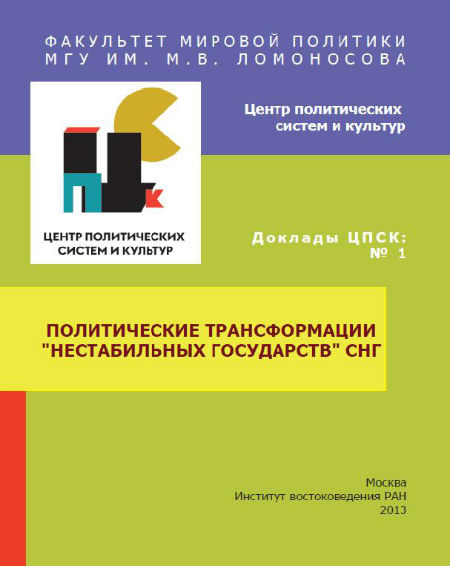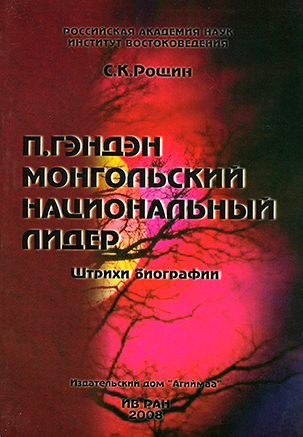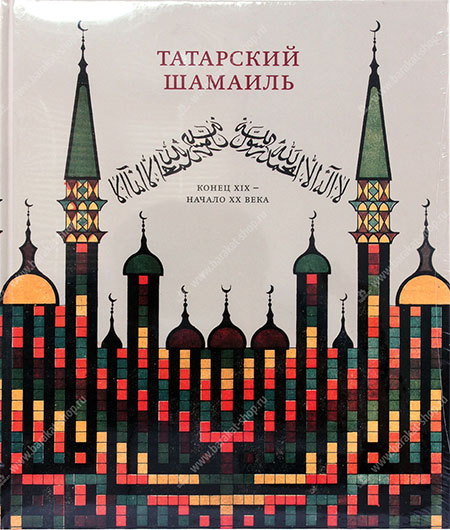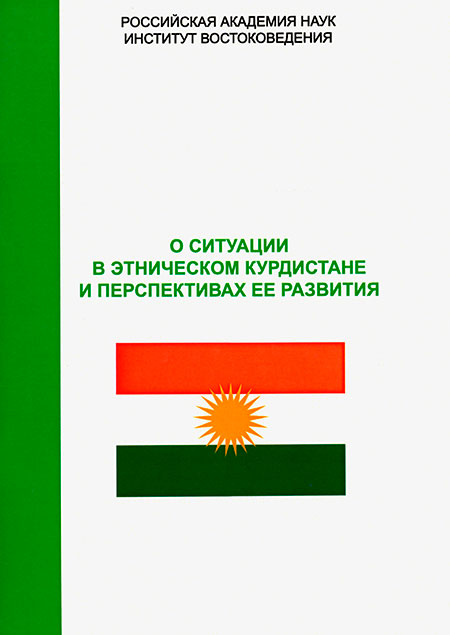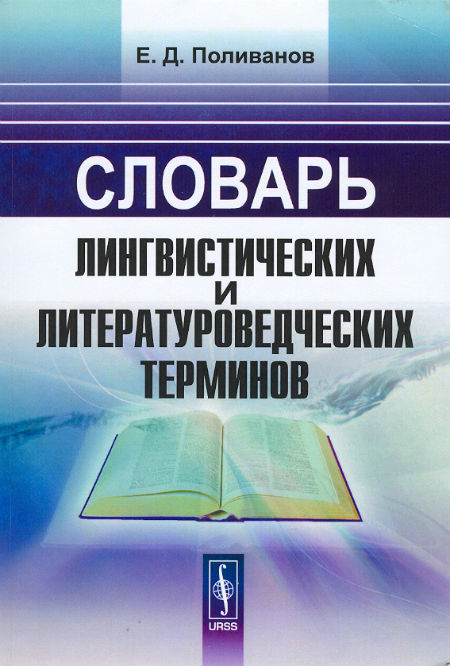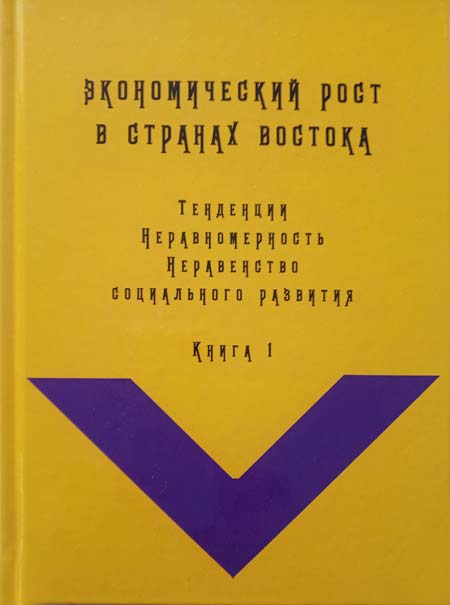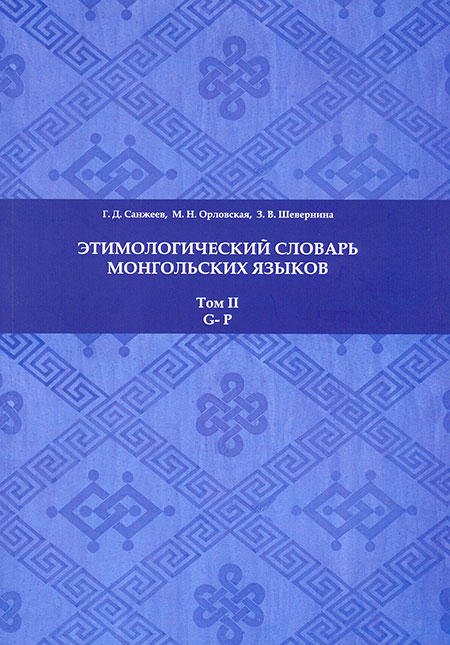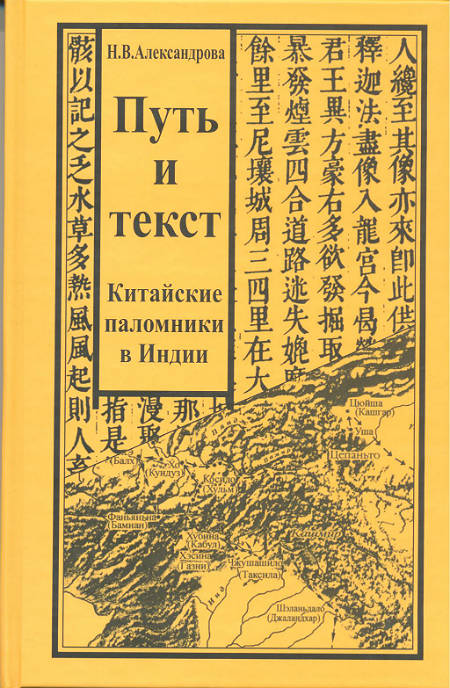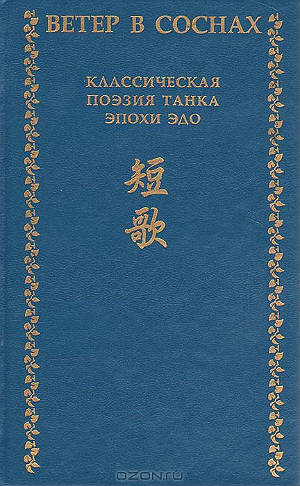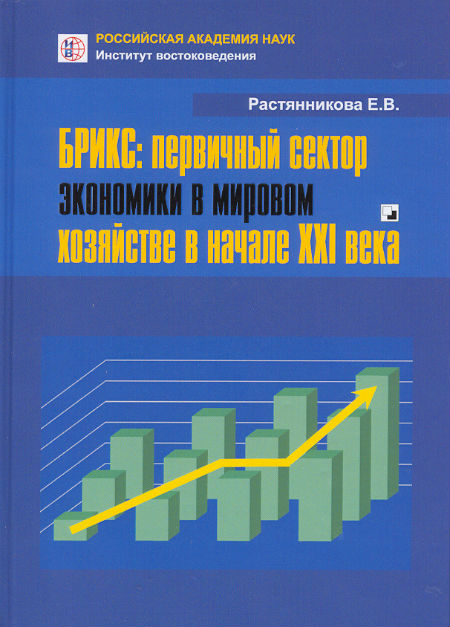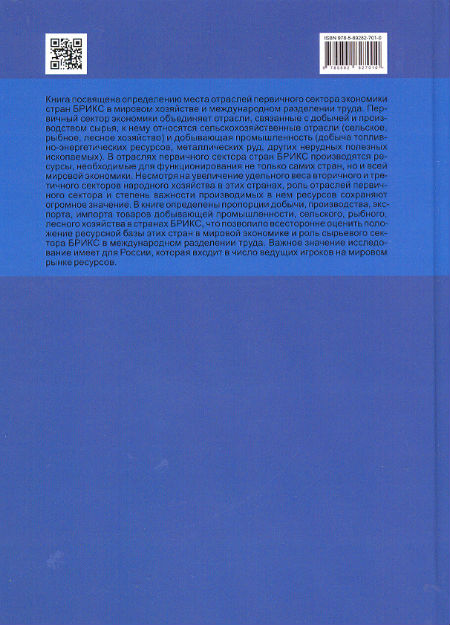Book
BRICS : the Primary Economic Sector in the World Economy of the XXI Century
Еditor: Akimov Alexander
Institute of Oriental Studies of the Russian Academy of Sciences
Москва, 2016, 272 p.
The book is devoted to defining the role of the primary sectors of the economy of the BRICS countries in the world economy and in the new international division of labor. The primary sector is making direct use of natural resources. It includes the agricultural sector (agriculture, forestry, fishing and fish farming) and mining (fuel resources energy, ores, other minerals). These resources are necessary for the functioning not only the BRICS countries, but also the world economy. Despite the increase in the proportion of secondary and tertiary sectors of the economy in the BRICS countries, the role of the primary industry and the degree of importance of the resources produced in it remains of huge significance. The proportions of the extraction, production, export, and import of goods of the mining, agriculture, forestry, fishing and fish farming in the BRICS countries are defined in the book. It allowed to analyse comprehensively the resource base of the BRICS countries in the world economy and to determine the place of primary sector of these countries in the new international division of labor. The book consists of three Chapters, Introduction, Conclusion and Annexes including statistical tables to each Chapter. This study is especially important for Russia which plays a leading role in the global market resources. It allows to precisely determine the position of Russia in the international division of labor in the period 2000 – 2013, to assess the impact of the financial and economic crisis of 2008 – 2009 on the medium-term dynamics of the branches of primary sector, to study the diversity of economic development of Russia in the conditions of strengthening of globalization of the world economy. The book is meant for a wide readership, students, postgraduates, lecturers on economy.
РУССКАЯ ВЕРСИЯ: БРИКС: первичный сектор экономики в мировом хозяйстве в начале XXI века

